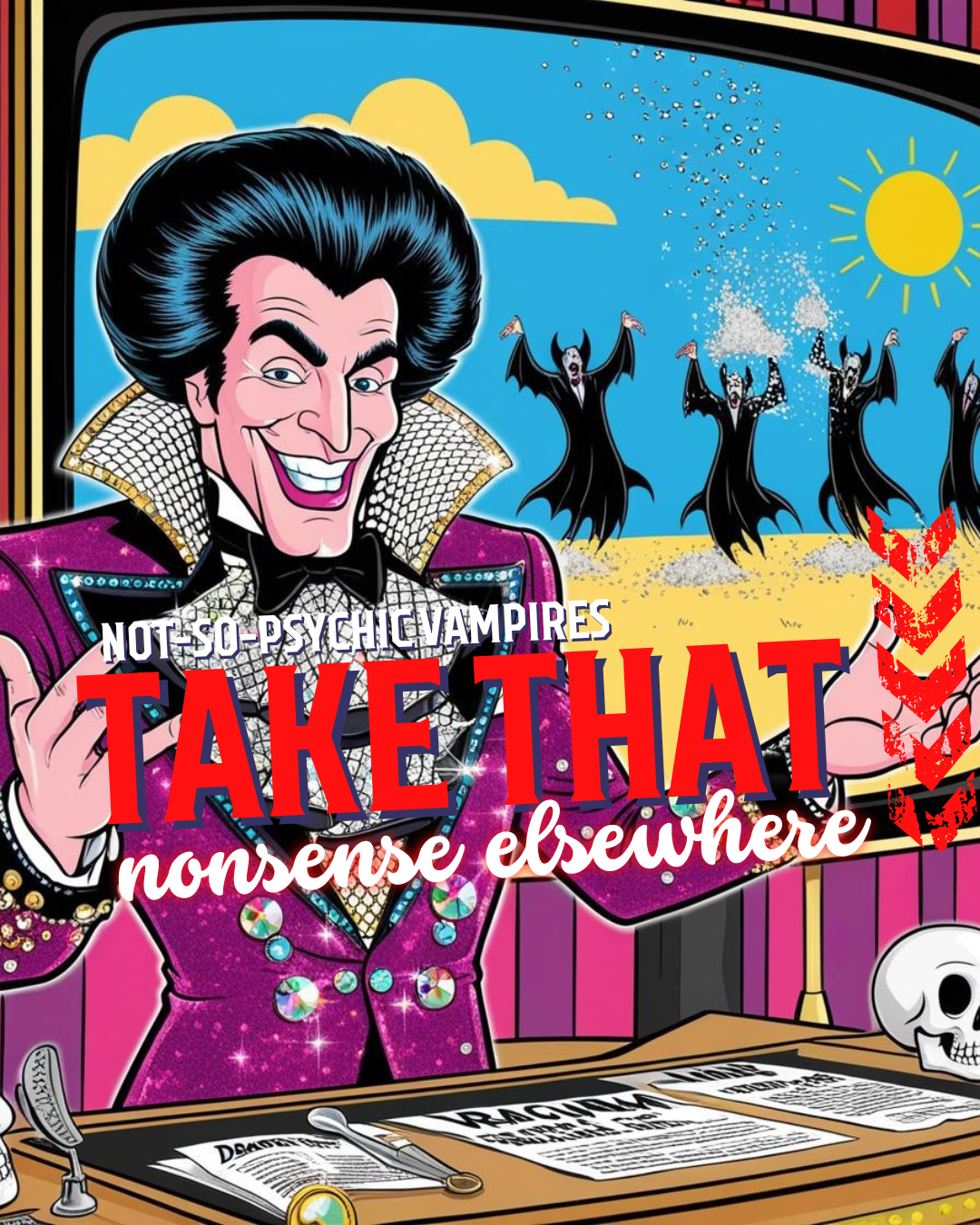
The Folly of “Teaching” Empathy
Empathy, that darling of the educational establishment, has become a ghoul that haunts our schoolhouses, devouring reason and objectivity with each passing day. The notion that we must “teach” our children this nebulous concept is as misguided as it is scientifically absurd.
Let us be clear: empathy is not some magical elixir to be dispensed in classrooms like arithmetic or grammar. Empathy, as any clear-thinking individual understands, is a complex neurological and psychological phenomenon. It involves mirror neurons, emotional processing centers, and higher-order cognitive functions. The very idea that we can “teach” such an intricate, biologically rooted capacity is as absurd as claiming we can teach a child to grow taller. What next? Shall we instruct our youth on how to activate their amygdalae? Perhaps we should offer courses in voluntary pupil dilation?
The proponents of this educational snake oil conveniently ignore the fact that empathy develops naturally through human interaction and experience. It’s not a skill to be imparted like long division or the Pythagorean theorem. It’s a fundamental aspect of human social cognition that emerges as surely as language acquisition in a nurturing environment.
Moreover, the notion that empathy can or should be taught presupposes that it is an unalloyed good. This is a dangerous oversimplification. Empathy, unchecked by reason and principle, can lead to bias, favoritism, and a distortion of justice. Are we to encourage our judges to rule based on who tugs at their heartstrings most effectively?
The Founders did not establish this great nation on a foundation of feelings, but on the bedrock of reason and the rule of law. To suggest that our children should be guided by the capricious winds of emotion rather than the steady compass of logic is to do them – and our Republic – a grave disservice.
Let us instead arm our youth with the tools of critical thinking and with a lawyer’s understanding of the law of the land. For it is not in feeling every pain that we become just, but in applying reason to alleviate suffering on the grandest scale.
In the end, this crusade to “teach empathy” is nothing more than a thinly veiled attempt to supplant familial bonding with state-sanctioned emotional manipulation. It is, to borrow a phrase, “a wolf coming as a wolf” – and we would do well to recognize it as such.


Leave a Reply